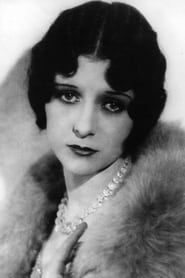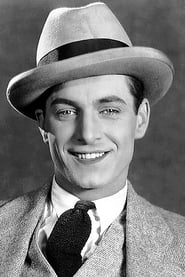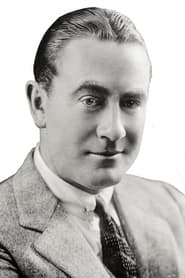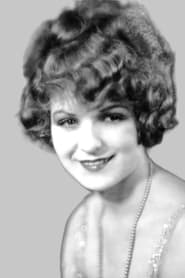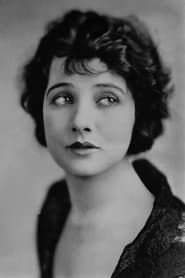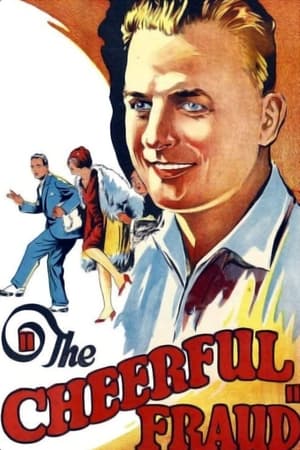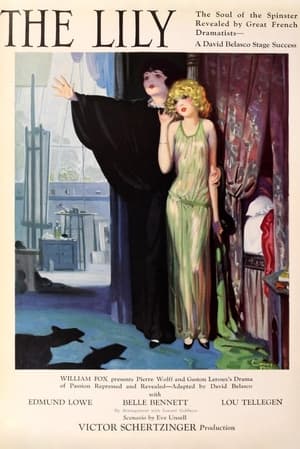
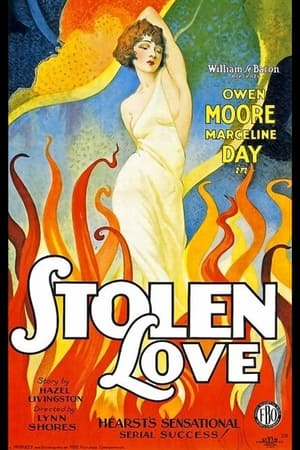
Stolen Love(1928)
The story of a girl whose past casts a shadow over her future happiness with the man who loves her. How much of her past must a girl tell the man she wants to marry?
Movie: Stolen Love
Top 7 Billed Cast
Aunt Babe

Stolen Love
HomePage
Overview
The story of a girl whose past casts a shadow over her future happiness with the man who loves her. How much of her past must a girl tell the man she wants to marry?
Release Date
1928-12-02
Average
0
Rating:
0.0 startsTagline
Genres
Languages:
Keywords
Similar Movies
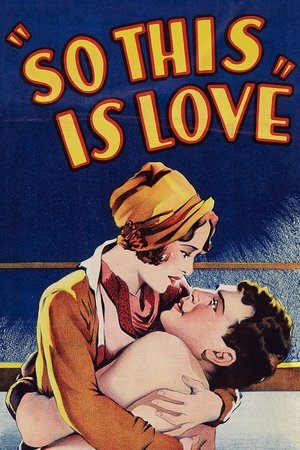 5.3
5.3So This Is Love(en)
So This is Love? was another early Frank Capra production for fledgling Columbia Pictures. The hero, dress designer Jerry McGuire (William Collier Jr.), is tired of being considered a wimp. After business hours, Jerry secretly takes boxing lessons, enabling him to knock the stuffings out of his burly rival Spike Mullins (Johnnie Walker). Jerry's newfound pugilistic skills wins him the affections of store clerk Hilda Jensen (Shirley Mason), who's just car-razy about "cave men." Filmed in a fast three weeks, So This is Love? was completed before Frank Capra's Matinee Idol but released afterward. Leading lady Shirley Mason was the sister of Viola Dana, who starred in Capra's initial Columbia effort, That Certain Thing.
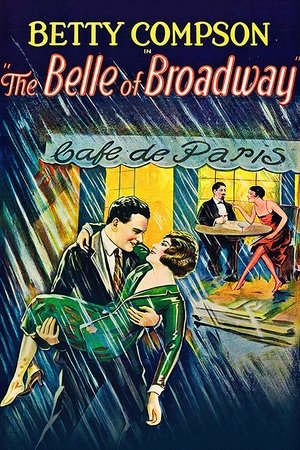 5.8
5.8The Belle of Broadway(en)
Madame Adele, once a great star of the Paris theatre, has fallen upon hard times. But she allows a young American performer, Marie Duval, to perform as the Madame Adele of old, and both become the darlings of Paris, one again and the other newly-crowned.
 0.0
0.0The Little Minister(en)
To start a little in advance of our story, Lord Rintoul, of the English nobility, finds a little Gypsy girl three years old, who had been deserted by her parents. Fifteen years later, Gavin Dishart, the Little Minister, receives an appointment, his first, at Thrums, Scotland. This was made possible through the self-sacrifices of his widowed mother, to educate him for the ministry. The community of Thrums is made up of weavers, who work hard, have little and accomplish much. They are ultra-religious and look upon their pastor with such reverence that he is a little lower than the angels. While naturally intelligent, they are grounded in dogma and intolerance. Just after the Little Minister takes charge of the "Auld Licht Kirk" and the Manse, the weavers resent a reduction, by the manufacturers, in their pay and a strike is declared.
 0.0
0.0The Gentleman from Indiana(en)
After a spectacular college football career, John Harkless leaves the university to pursue a place in Indiana politics. He buys the failing Plattville Herald and, using the newspaper to expose various illegal activities, sets out to rid the county of all mobsters and corrupt officials.
Her Summer Hero(en)
Champion college swimmer and summer lifeguard Ken Holmes saves Joan Stanton from drowning. They are sweethearts until a misunderstanding causes Joan to cast off Ken for his chief competitor, Herb Darrow. Joan promises Herb she will wear his fraternity pin if he wins the big swimming race at the hotel the next day. Despondent over his loss, Ken decides not to enter the race; later, he reconsiders when he learns that Joan is to wear Herb's pin if Herb wins. Ken wins the race and resolves his misunderstanding with Joan.
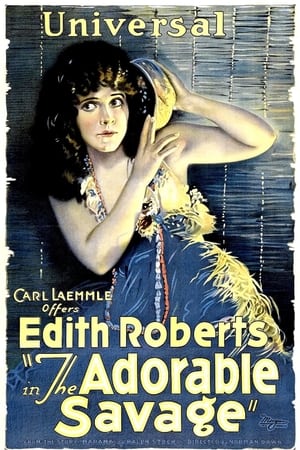 0.0
0.0The Adorable Savage(en)
Marama Thurston leaves her fashionable boarding school in America when her ailing father Jim Thurston, a plantation owner on Fiji, begs her to protect the rubber crop from his thieving son-in-law. Upon arriving on the island, Marama learns that she is a half-caste. Traumatized, she assumes native customs and agrees to marry Ratu Madri, the island's ruler. Templeton, an American fugitive living on Fiji, falls in love with her, but Marama rejects him, having pledged herself already to the Fiji chief. As Marama dances the prenuptial rite, Templeton attempts to rescue her. The natives seize the American, and Marama threatens suicide if they harm him. The couple escape during a hurricane, and soon after a yacht arrives with the news that Templeton has been exonerated of murder charges. Their problems thus resolved, they return to America to wed. A lost film.
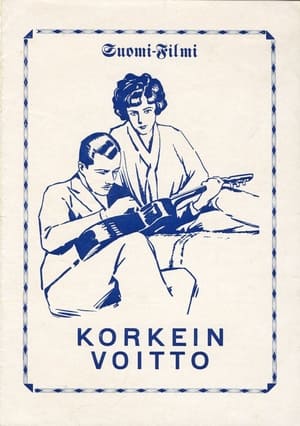 5.8
5.8Korkein voitto(fi)
The heavily indebted baron Henrik von Hagen, who loves women and partying, learns that his former lover, Russian ballerina Madame Vera Vasiljevna, will be visiting Finland. They are reunited and sparks fly. But Vasiljevna's new hobby casts a shadow over their romance.
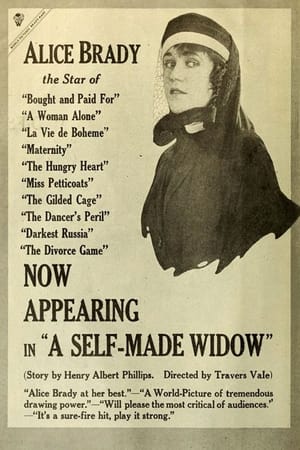 0.0
0.0A Self-Made Widow(en)
On the promise of marriage, Sylvia Smith, a simple girl from Lone Meadows, follows her lover to the city only to discover that he already has a wife.
Love in the Ghetto(en)
Everybody's ordered out on a strike when Benjamin Cohen, proprietor of a sweat-shop, reduces the employees' wages ten per cent. Rebecca Barish, a young Jewess, and her father, reluctantly go out with the rest. Unable to find other work, their circumstances become so reduced that Rebecca is obliged to go to the pawnshop with some of their belongings, and while there, Jacob Stattler, the pawnbroker, takes a fancy to her, and offers her father, through a schatehen, five hundred dollars to give her to him in manage.
An Eventful Elopement(en)
Emphatically opposed to Jack Moss, old Mr. McGillicuddy puts the ban on his marriage to his daughter Dolly. The old gentleman is adamant to the appeals of the young lovers and interposes his interference on every occasion, when they get together. McGillicuddy is seized with an attack of the gout, which handicaps him, and it is then Jack arranges with Dolly to elope.
Her Forgotten Dancing Shoes(en)
The night of the grand reception and dance finds Belle Oakley in high glee as she leaves for the reception. She arrives at the reception and discovers that she is without her dancing shoes. She announces her loss and immediately all the young men volunteer to go in search of them. Harry Brown, who was not as quick as the others, is left behind and sits dejectedly on the curb while the others drive away.
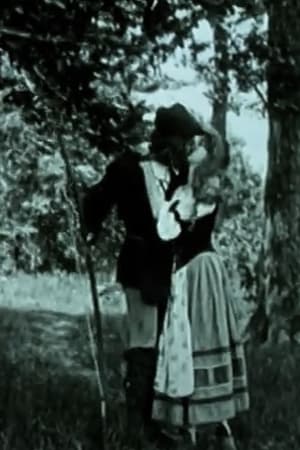 5.0
5.0Robin Hood(en)
Robin Hood is a 1912 film made by Eclair Studios when it and many other early film studios in America's first motion picture industry were based in Fort Lee, New Jersey at the beginning of the 20th century. The movie's costumes feature enormous versions of the familiar hats of Robin and his merry men, and uses the unusual effect of momentarily superimposing images different animals over each character to emphasize their good or evil qualities. The film was directed by Étienne Arnaud and Herbert Blaché, and written by Eustace Hale Ball. A restored copy of the 30-minute film exists and was exhibited in 2006 at the Museum of Modern Art in New York City.
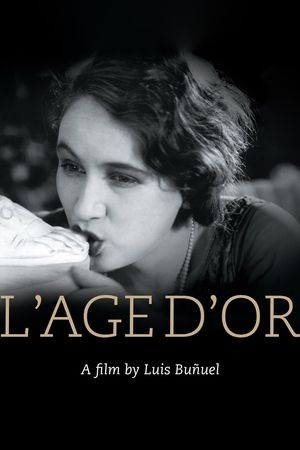 6.8
6.8L'Âge d'or(fr)
The film consists of a series of tightly interlinked vignettes, the most sustained of which details the story of a man and a woman who are passionately in love. Their attempts to consummate their passion are constantly thwarted, by their families, by the Church and bourgeois society in general.
 0.0
0.0The Play Girl(en)
When Madge, a clerk in a flower shop, is sent to a bachelor's apartment to deliver and arrange a bouquet, she discovers a guest, young and handsome Bradley Lane, taking a bath. She loses her job and becomes a playgirl until Bradley, her true love, asks her to marry him.
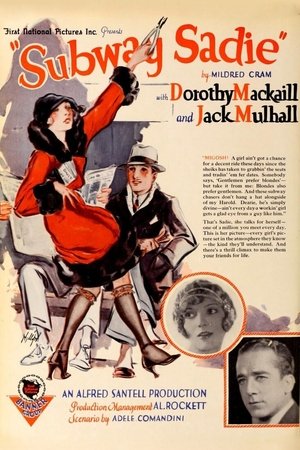 0.0
0.0Subway Sadie(en)
A New York fur saleswoman falls for a man she meets on the subway and must decide if she wants to accept a much dreamed for work transfer to Paris, or stay and get married.
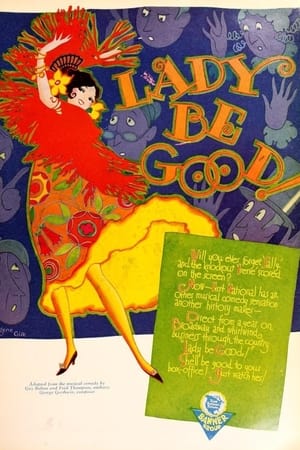 0.0
0.0Lady Be Good(en)
Two engaged vaudeville magicians quarrel and go their separate ways.
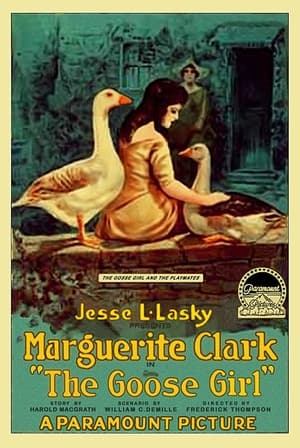 0.0
0.0The Goose Girl(en)
Count Von Herbeck, the chancellor to the Grand Duke of Ehrenstein, is married but keeps the fact secret on account of his high ambitions. His wife, dying, writes him a letter urging him to make their little child a great lady. A lost film.
